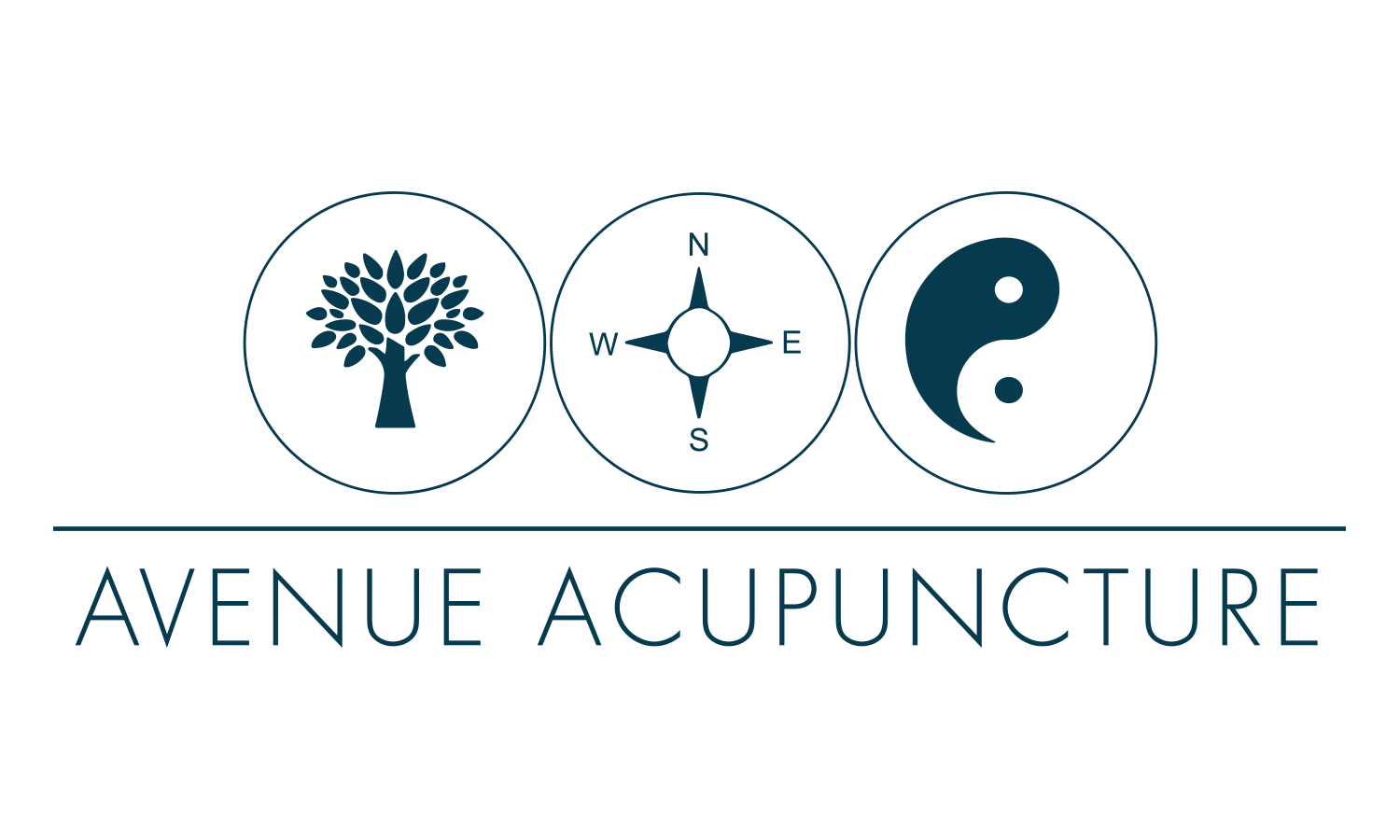Your First Period After Baby - 7 things I wish I knew
You had your baby, you bled for 4-8 weeks, you may or may not still be breastfeeding, and now your period is back. Here are some things I wish someone would have told me before I started my first postpartum period:
1.) Everyone is different: Ride the wave. You may now have differences in the length of your cycle, the flow, and also the timing between periods. WHY? Large fluctuations of hormones can impact your period. If you are still breastfeeding (even a little bit!), prolactin, which is responsible for stimulating milk production, also inhibits ovulation and menstruation. Keep in mind though, even if you don’t have a period, you can still be ovulating!!! This means you can still get pregnant after baby if you are sexually active.
Prolactin, as much as it’s useful for milk supply, suppresses estrogen. Estrogen is responsible for lubrication, which means that you may not be in the mood, or you may be really dry and need lots of lube and foreplay prior to sex. This is completely normal and in most cases gets better especially once you’re done breastfeeding!
2.) Timing: Some people get their periods back very quickly while for others it takes a while. This widely depends on your body, your decisions around how you feed your baby, and your overall stress.
3.) Stress: Sleep deprivation, taking care of a newborn baby, possibly transitioning back to work, taking care of a house, cooking, etc. These are all contributing factors to stress. High levels of both stress and fatigue impact the hypothalamic-pituitary-ovarian axis, which regulates hormone production (i.e., ovulation, menstruation)
4.) Pain: You may have more discomfort. This is especially true if your nether regions were blow up at birth. If you tore or had an episiotomy during delivery, you may have had delayed wound healing or scar adhesion can cause you more pain during menstruation. More clotting can mean more blood stasis and therefore more pain that is normally stabbing and more intense in nature.
5.) Flow: Many women report heavier, clottier, and more painful periods especially their first one back. Before you pass judgment on your new period, wait at least for 3 regular cycles and give yourself grace!
6.) PMS: You may now have different symptoms surrounding your cycle. If you had them before, all of these symptoms could be more intense. There are many factors that play into this.
7.) Grace: Give yourself grace! There are just so many transitions that occur during the fourth trimester and beyond.
Don’t fret - even if your periods are absolutely horrendous, there are things to help. Eating real nutritious food, exercise, staying hydrated, working on stress management/reduction, seeking regular acupuncture, and therapy are all key factors. If any of these feel like too much, keep in mind that even small steps like going for a walk or listening to a 5-minute guided meditation can shift the needle.
I also want to mention that although it happens less frequently, some women do report healthier positive period changes after baby. For example, some report a more regulated cycle, less PMS, and a reduction in heavy flow.
If there’s one thing that is absolutely true during this time, it’s that change is the only thing that stays the same. The takeaway: keep on going because it won’t stay like this forever. You got this!

